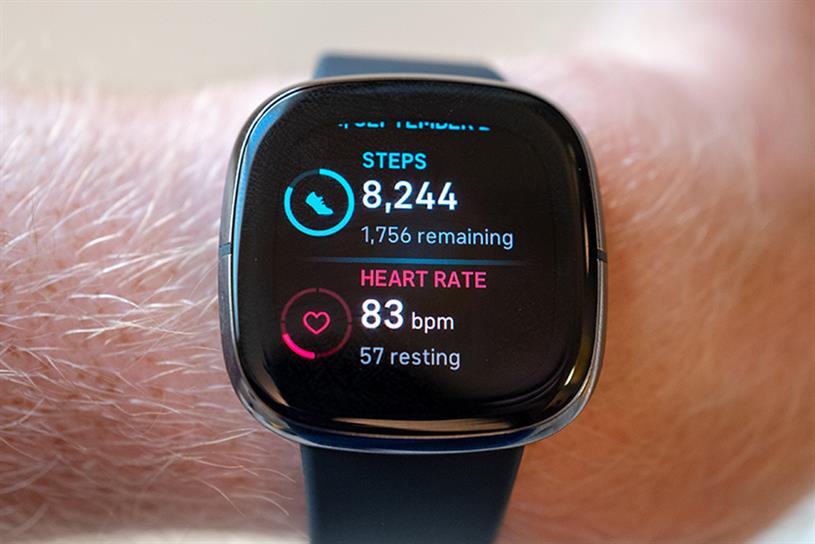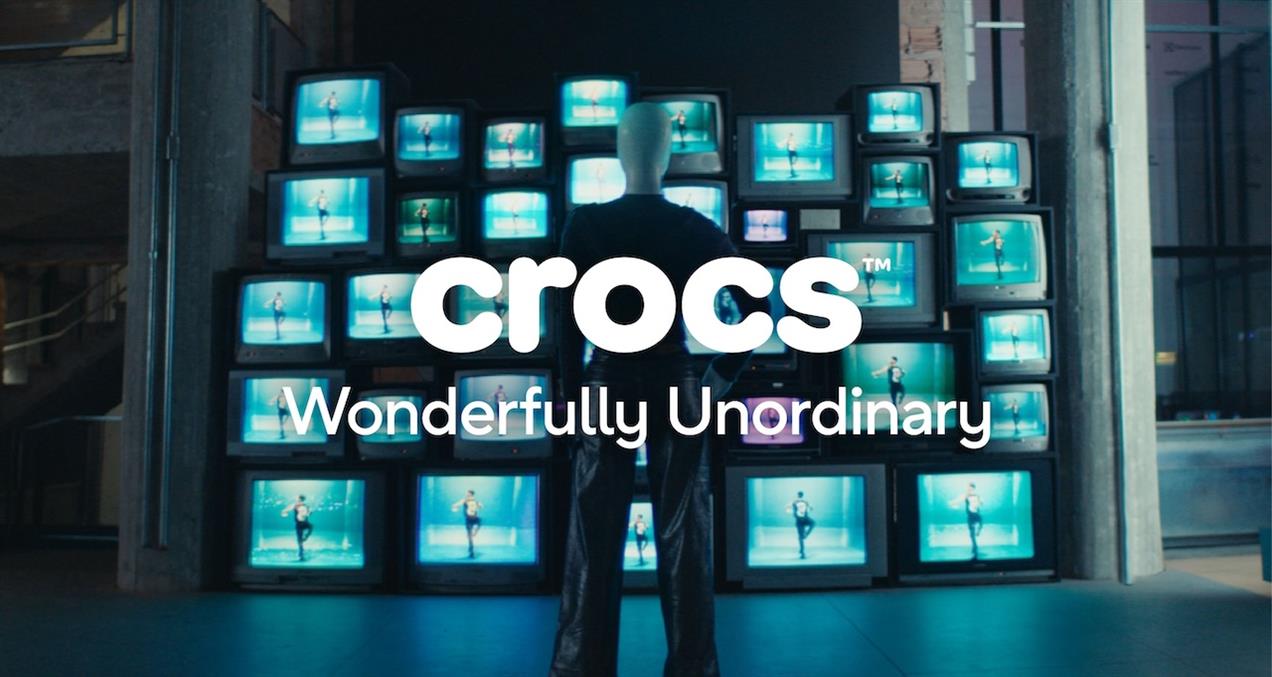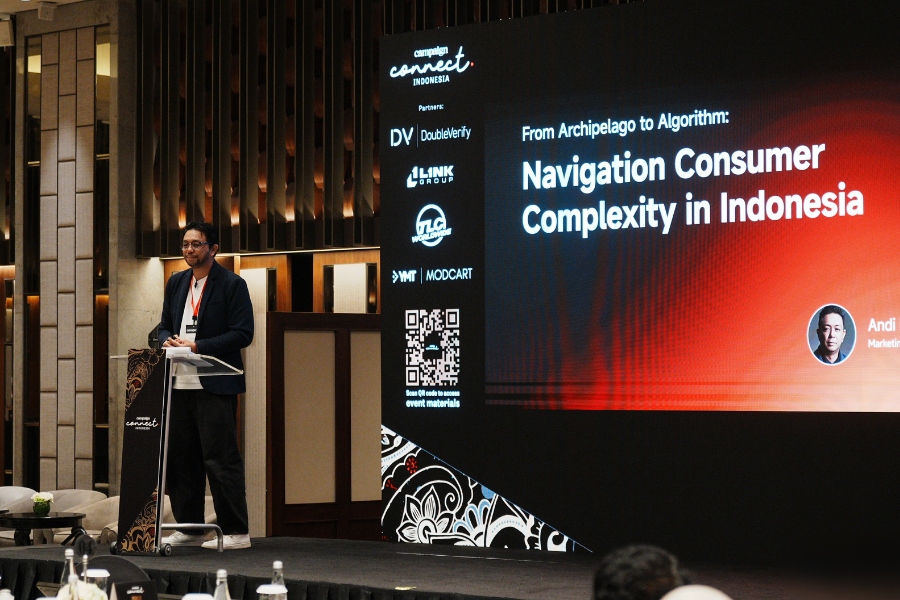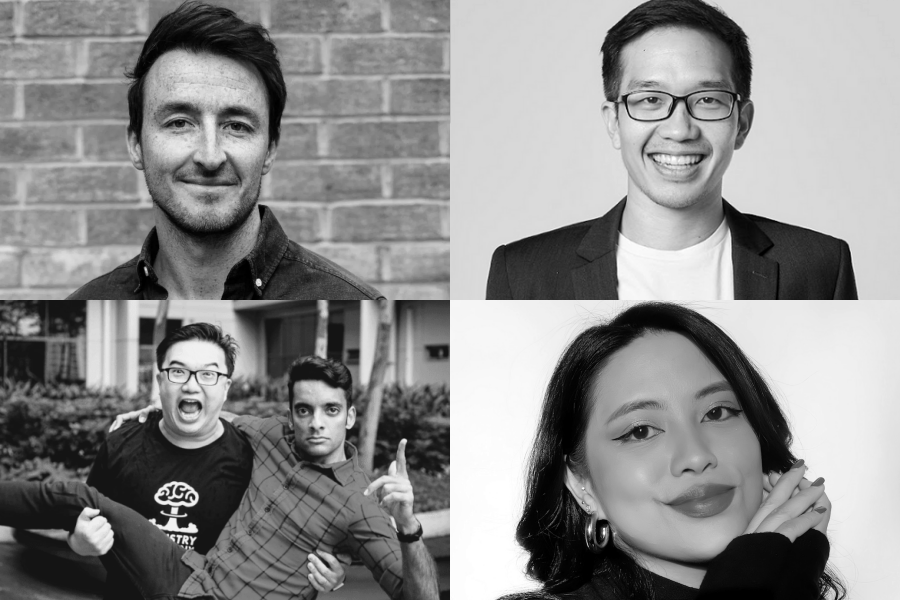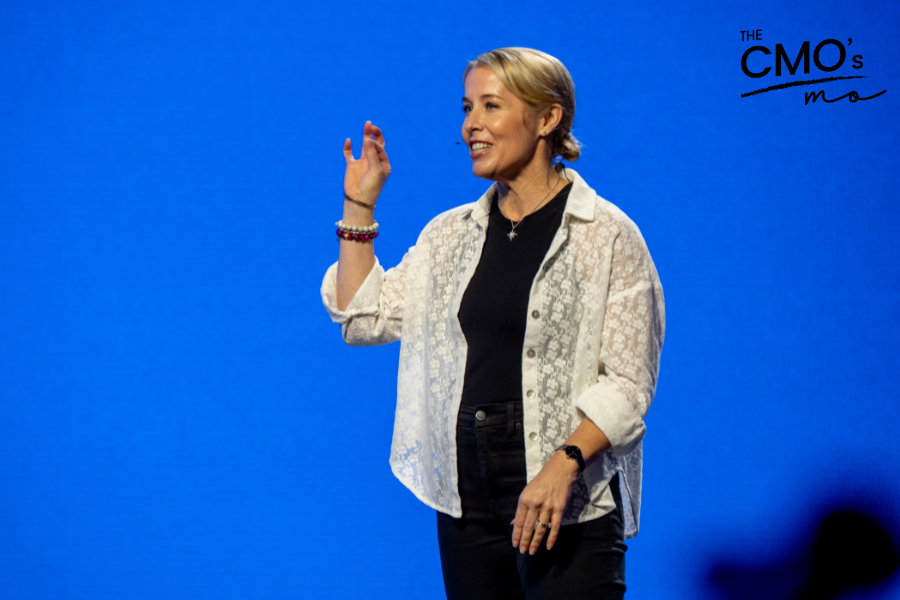We all know that Covid-19’s impact on our lives has been… wait for it, unprecedented. But what will be as impactful is the lasting change it will usher in for healthcare brands. A category that was previously governed by rigid pharma-industry marketing rules is now being shaken up, as brands that had never before seen health as a sales opportunity are jumping on this new wave.
So what will this mean for our industry? Here are my top five trends to watch out for:
1. Faddy health
The likes of Fitbit (pictured), Strava, Peloton and Zwift will all fight to win the "exercise as medicine" battle. As trust in these brands is building, legacy health brands need to keep a close eye on how their market share is being affected.
Also within the home, beauty brands are becoming health brands as lockdown continues to change consumer behaviour. Eye health, skin health and oral health are all on the rise – no doubt directly affected by the hours of studying ourselves on Zoom calls. Sleep science has also become more important than ever, with an increased focus on everything from mattresses to monitoring apps.
In short, more brands will be vying for our wellness attention, and as a result, the usual health suspects will need to keep their game up to ensure they stay at the heart of the home.
2. Tele health
Babylon Health entered the market several years ago, but it’s the global pandemic that has catapulted us towards a new culture of online consultations, with the NHS now accepting them as the new norm. The power of tele health also means that, through the likes of technology providers such as Proximie, surgeons can digitally "scrub in" and virtually assist and teach colleagues in the operating theatre.
Advances of this nature will make learning and collaborating considerably easier while taking experts virtually anywhere in the world. Providers will need to build consumer/patient confidence to fill the gap with explanation tools, further smoothing this transition to digital healthcare.
3. FAANG health
For decades, big pharma has been the major player in health, with AZ, Pfizer and GSK slugging it out. However, disruption is coming with new competition in the form of Facebook, Apple, Amazon, Netflix and Google, which will soon show their health "teeth".
Google, which receives 70,000 health-related searches per minute, made the $2.1bn purchase of Fitbit last year. Apple Health has been collecting data for years and, through partnerships with health insurers such as Vitality, shows true intent in becoming a global partner to health providers.
Amazon, however, is leading the charge. The launch of a pharmacy offer in the UK seems imminent and the application of Amazon Echo and voice technology is already moving into health at home and in health facilities. Dr Alexa really isn’t that far away.
4. Fake health
We’ve seen through social media how anti-vaxxers can quickly gain traction and medical untruths are widely circulated and – worse still – believed. A survey carried out by the Cleveland Clinic in the US at the end of 2019, found that 44% of Americans followed health, fitness and diet advice found on social-media platforms.
As healthcare increasingly moves towards self-care, there is a risk that false beliefs will go unchallenged by experts for longer periods of time. Being present in these channels with light-hearted, medically sound information will also go a long way to building trust in these brands. This is going to require new, agile marketing processes to manage this – or it will leave the door open for disruptive new brands to snatch audiences away.
5. Mental health
Living in a Covid world has been shown to have exacerbated poor mental health, with many citing loneliness, depression and digital burnout, as well as financial and health fears. The next normal will be for our mental health to have complete parity with our physical health.
Creating high-street mental wellbeing gyms is the vision of mental-health trainers Sanctus. But there is also going to be a surge in digital mental-health tools playing a vital role. Lucky Generals chief executive Katie Lee’s recent appointment as chief executive of mental-health wellbeing app Clementine further points to brand building in the category.
Overall, the good news for health marketers in 2021 and beyond is that they’re working in a growing and dynamic category. Moreover, the platforms and technologies available to them are constantly offering new opportunities to do some exciting work. Who knows, we might even elevate the creative work to the level that gives us credibility in the main Cannes Lions. The bad news is that, because of these new trends, the space is only going to get more competitive.
Nick Dutnall is managing partner of independent UK agency BBD Perfect Storm.

